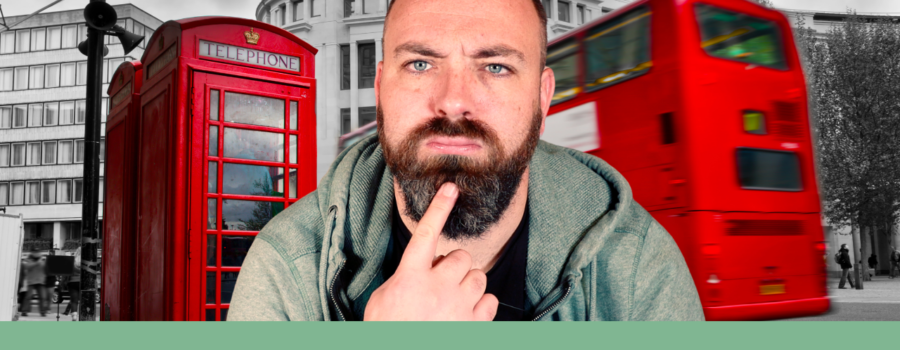Economic recovery in Britain is faltering, and the Bank of England should step up spending, instead of opting for negative interest rates.
That’s the conclusion of a new Reuters poll of economists, published this morning.
In this video, what the economists think is going to happen next in the UK’s coronavirus winter of discontent.
There’s a newly published Reuters poll of economists, which found that they expect the Bank of England to extend its programme of quantitative easing next month, to offer more support to a struggling economy.
The economists surveyed for this poll predict UK economic growth of 2.6% this quarter and 1.0% next quarter, which is subdued compared to their previous forecasts of 3.4% and 1.3% respectively.
The revised forecasts suggest the UK economic recovery is faltering, as more parts of the country have to contend with local lockdowns and restrictions.
Looking at the year as a whole, the median forecast is for an economic contraction of 10.1%, with growth of 6.1% in 2021.
This latest forecast is broadly similar to the forecasts made in the poll last month, where the median expectation was for a contraction of 10% in 2020 and growth of 6.1% next year.
Turning to the prospect of negative interest rates, the economists who answered this question do not believe the Bank of England’s Monetary Policy Committee will take interest rates below zero.
59 of the 64 economists who answered this supplementary question do not believe we will see negative interest rates.
Instead, the Bank of England is likely to focus on an extension to its programme of quantitative easing, and then buying more bonds.
After adding £300 billion to the QE programme earlier this year, for a total of £725 billion worth of gilt purchases, the economists expect the Bank to add a further £100 billion of bond buying when the MPC next meets on 5th November.
Covid-19 isn’t the only factor weighing on the UK economy and the Bank of England monetary policy right now. We’ve also got Brexit, which has reached a critical stage.
In the latest poll, economists gave a median 40% chance of a no-deal Brexit, which is a forecast unchanged from last month, despite the latest rhetoric to come from Number 10 Downing Street.
The economists polled still think that some form of a free-trade agreement is the most likely outcome from Brexit negotiations.

